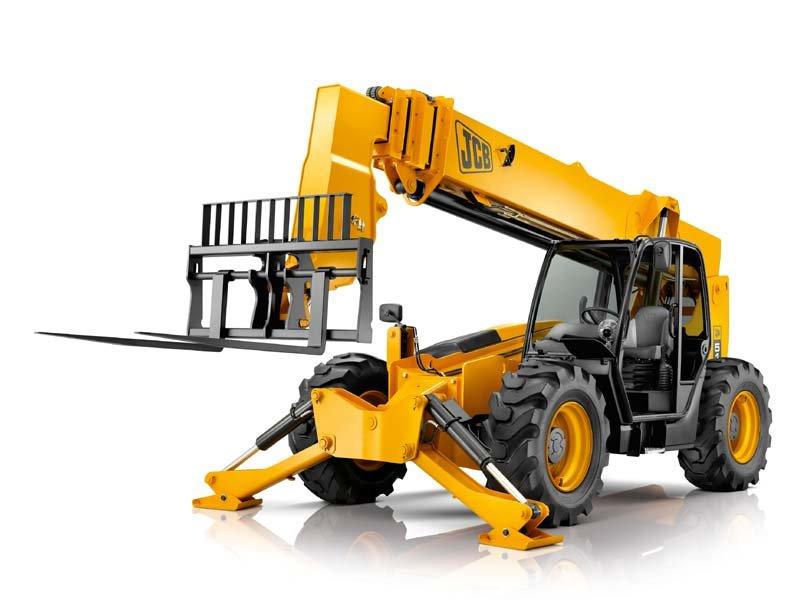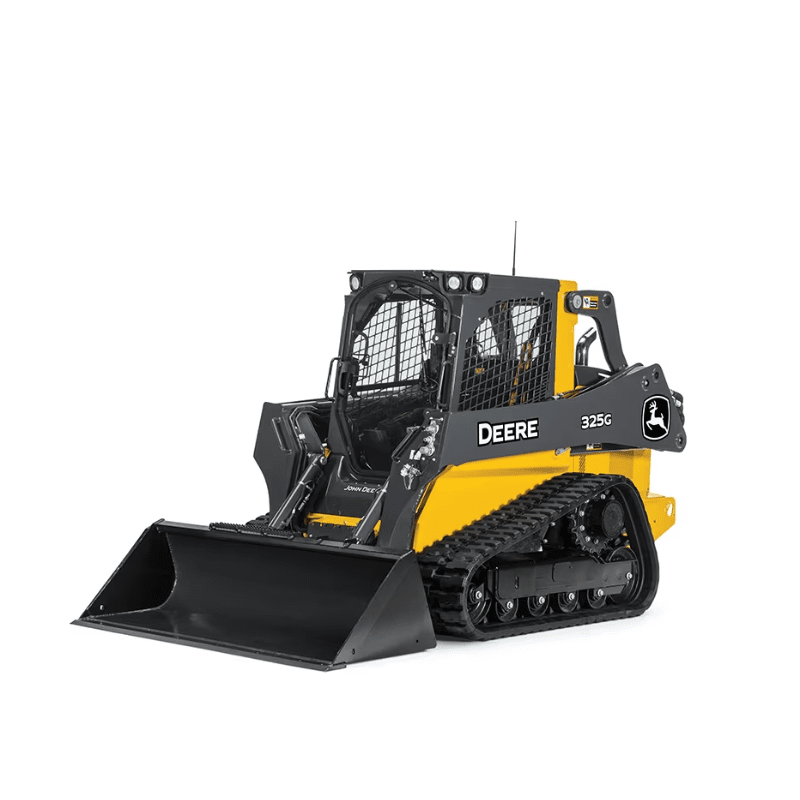Equipment Rental Company: Your Resource for All Sorts Of Machinery
Equipment Rental Company: Your Resource for All Sorts Of Machinery
Blog Article
Maximize Your Spending Plan by Comprehending the Prices Related To Building Equipment Services
Understanding the full extent of expenses associated with building and construction devices leasings is critical for optimizing your budget. While the preliminary rental fee might seem straightforward, countless extra expenditures-- such as transportation, gas additional charges, and maintenance-- can promptly build up, influencing your monetary preparation. In addition, being conscious of various fees and the intricacies of rental contracts can aid avoid unanticipated financial worries. What methods can be employed to efficiently take care of these costs and guarantee a much more reliable rental experience?
Review of Rental Prices
When considering building and construction devices services, comprehending the associated costs is vital for effective budgeting and job preparation. Rental expenses can differ substantially based on numerous factors, including tools type, duration of leasing, and area. The initial rental cost commonly reflects the devices's market need and its associated functional capacities, influencing the total expense.
Along with the base rental price, ancillary costs may occur, such as transport costs, fuel surcharges, and maintenance costs. It is necessary to make up these added expenses to precisely evaluate the overall expense of renting out equipment. Furthermore, the rental period can affect prices; longer leasings might get discounted rates, while short-term leasings may sustain greater daily fees.

Break Down of Rental Prices
An extensive understanding of rental rates is important for professionals and project supervisors intending to enhance their budget plans. Rental rates for building and construction tools normally are composed of a number of elements, including base prices, time-based fees, and usage costs.
Base prices are the core fees related to the rental of the tools, typically identified by the kind and dimension of the machinery. These prices can vary considerably, affected by variables such as devices demand, schedule, and regional market fads. Time-based fees, which might be daily, weekly, or monthly, serve to fit different job timelines and rental periods.
Furthermore, rental prices may include usage charges, which apply when tools is utilized past a specified threshold, ensuring that the rental firm can represent damage. Seasonal demand variations can likewise influence rental rates, with peak building and construction seasons typically regulating higher costs.
In addition, recognizing the rental company's policies pertaining to maintenance and insurance coverage can offer additional insight into the total cost structure. By assessing these parts, specialists can make enlightened decisions, making sure the option of rental equipment lines up with both project demands and spending plan constraints.
Additional Fees to Consider
Comprehending the ins and outs of extra charges is vital for service providers to handle their general leasing costs successfully. Past the common rental prices, various extra fees can substantially affect the overall expense of equipment leasing. These charges typically track loader for rent include delivery and pickup costs, which can differ based on range and logistics associated with transporting the tools to and from the task site.
Furthermore, some rental companies might impose gas additional charges if the tools is returned with less gas than when rented out. It see here is also vital to recognize possible cleansing charges, particularly for customized tools that calls for complete maintenance after usage.

Thoroughly assessing the rental arrangement and making clear these added costs upfront can aid contractors prevent unanticipated expenses and make certain that spending plans stay intact throughout the project lifecycle.
Repair And Maintenance Expenses
Regular maintenance and repair service expenditures are usually neglected aspects that can substantially affect the overall expense of building and construction devices services. When renting devices, it is crucial to think about not just the rental costs yet also the prospective expenses linked with keeping the machinery in optimum operating problem.
Several rental companies include fundamental upkeep as component of the rental arrangement; nonetheless, extra comprehensive repairs or unanticipated malfunctions can cause added expenditures. It's important to evaluate the rental contract very carefully to recognize what upkeep solutions are covered and what duties drop on the occupant.
Furthermore, equipment that is not well-maintained can result in ineffectiveness on duty site, possibly raising and creating hold-ups task prices. To minimize these threats, it is suggested to perform routine assessments and keep open interaction with the rental copyright pertaining to any kind of problems that occur throughout use.
Insurance Coverage and Liability Costs
Insurance policy and responsibility expenses are critical components that can substantially affect the official source overall expense of building and construction devices services (aerial lift rental). These expenses guarantee that both the rental firm and the customer are protected from possible economic losses developing from accidents, damages, or theft throughout the rental period

Furthermore, clients need to understand any deductibles or exemptions in the insurance plan, as these can affect prospective out-of-pocket expenditures. Comprehending the conditions of any insurance coverage is essential to avoid unforeseen prices. Eventually, budgeting for insurance and obligation expenditures can aid guarantee a smoother rental experience and secure versus financial threats connected with construction jobs.
Verdict
In conclusion, an extensive understanding of the costs associated with building and construction devices leasings is important for efficient budget plan monitoring. Inevitably, notified decision-making concerning tools leasings contributes to the overall success of construction undertakings.
Rental expenses can vary dramatically based on a number of elements, consisting of devices type, period of leasing, and location (equipment rental company). The rental duration can impact rates; longer leasings might qualify for affordable rates, while temporary services may incur greater day-to-day fees
By performing complete research and engaging with reliable rental companies, professionals can efficiently browse the complexities of rental prices, ultimately maximizing their economic resources.
Beyond the standard rental rates, various supplementary fees can significantly affect the overall price of equipment leasing. Rental companies usually offer responsibility insurance that covers injuries to third celebrations or damages to home, while equipment damage insurance policy can cover the cost of repair work or substitute if the rented out tools is harmed.
Report this page